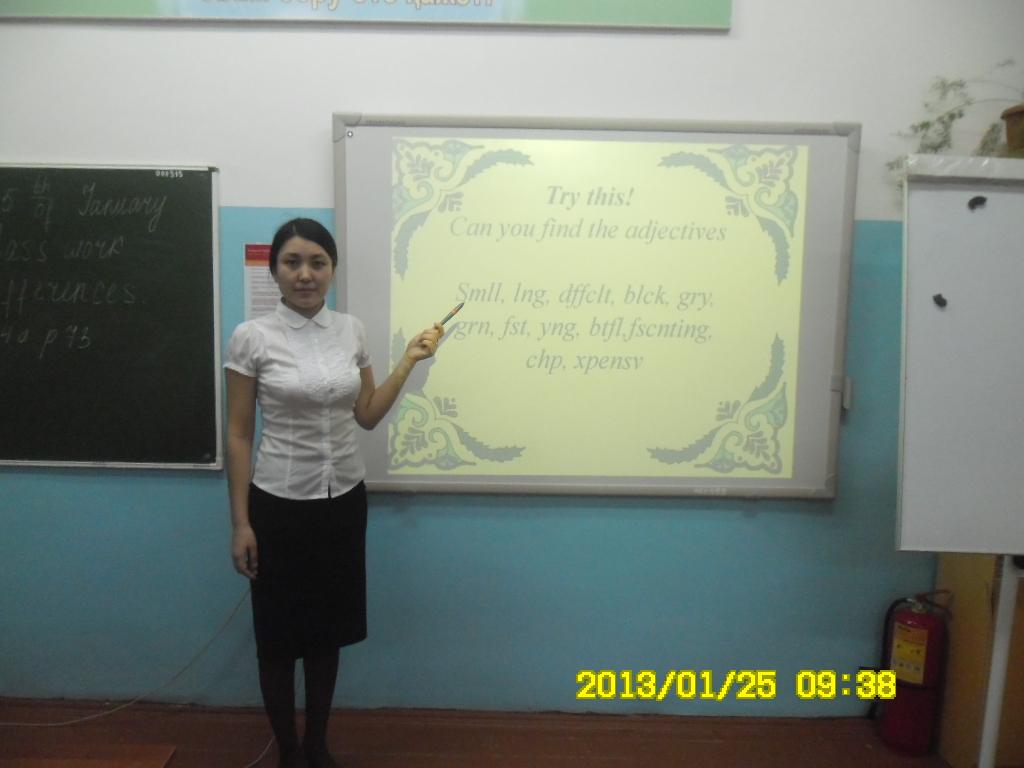Сабақтың мақсаты ағылшын тілінде сөйлейтін елдердің білім беру жүйесімен танысу, өз еліндегі білім беру жүйесімен салыстыру. Сабақта интербелсенді әдістер пайдаланылды.
Создайте Ваш сайт учителя Видеоуроки Олимпиады Вебинары для учителей
Schools in Canada
Вы уже знаете о суперспособностях современного учителя?
Тратить минимум сил на подготовку и проведение уроков.
Быстро и объективно проверять знания учащихся.
Сделать изучение нового материала максимально понятным.
Избавить себя от подбора заданий и их проверки после уроков.
Наладить дисциплину на своих уроках.
Получить возможность работать творчески.
Просмотр содержимого документа
«Schools in Canada»
Полезное для учителя
Распродажа видеоуроков!
2160 руб.
3080 руб.
1760 руб.
2510 руб.
1880 руб.
2690 руб.
1970 руб.
2820 руб.
ПОЛУЧИТЕ СВИДЕТЕЛЬСТВО МГНОВЕННО
* Свидетельство о публикации выдается БЕСПЛАТНО, СРАЗУ же после добавления Вами Вашей работы на сайт
Удобный поиск материалов для учителей
Проверка свидетельства
 БҚО, Орал қаласы, № 44 мектеп-гимназиясы
БҚО, Орал қаласы, № 44 мектеп-гимназиясы















